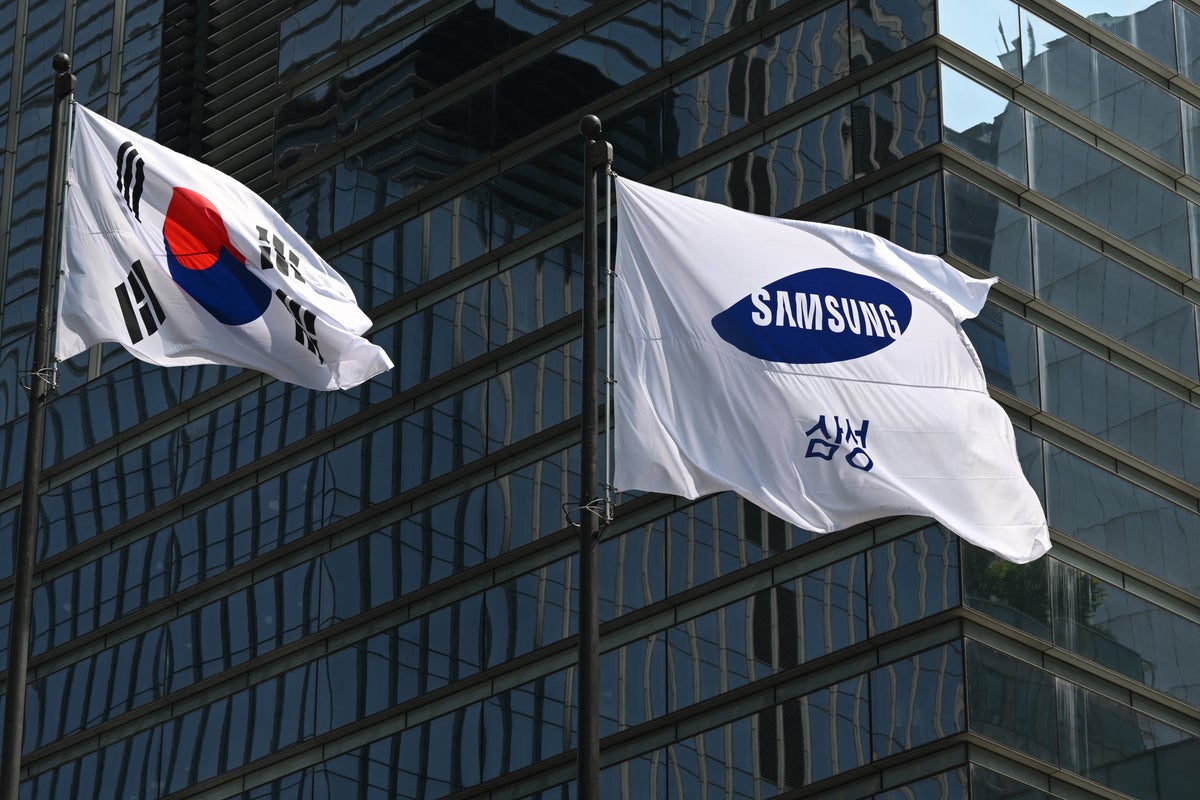
The heirs of late Samsung chair Lee Kun-hee have sold a luxury villa in Seoul’s Itaewon district for 22.8 billion won (£13m) – likely to help pay South Korea’s largest-ever inheritance tax bill of around 12 trillion won (£6.8bn).
According to court registry records, the villa is jointly owned by Lee’s widow, Hong Ra-hee, honorary director of the Leeum Museum of Art, and their three children – Lee Jae-yong, executive chairman of Samsung Electronics; Lee Boo-jin, president of Hotel Shilla; and Lee Seo-hyun, head of Samsung C&T’s fashion division. It was purchased in 2010 for 8.28 billion won and recently sold at a 175 per cent gain.
According to the Ministry of Land, Infrastructure and Transport’s official property transaction database, the sale was finalised on 13 June.
The move is part of a broader effort by the Samsung family to liquidate assets, including high-value real estate and shares in group affiliates, in order to meet a staggering 12 trillion won (US$9 billion) inheritance tax, the largest in South Korea’s history.
Under a government-approved instalment plan, the heirs are allowed to pay the amount over six years.
Since 2021, they have sold off company shares, secured loans using stock as collateral, and are now continuing to offload luxury properties.
The buyer is reportedly a private-sector entrepreneur, though the property title has yet to be formally transferred, The Korea Herald reported.
Set on a 1,073sqm plot with a total floor area of around 497sqm across three levels, the villa sits within an enclave of upscale residences colloquially known as “Samsung family town”.
The recent sale represents a 175 per cent increase in value, translating to roughly 70 million won per pyeong—a traditional Korean unit equal to 3.3sqm.
Following Lee Kun-hee’s death in October 2020, the property was formally divided among the heirs in May 2021 – his widow received a one-third share, while each of the three children inherited two-ninths.
Though the villa was never publicly listed, reports suggest the family quietly began exploring a sale earlier this year.
This isn’t the family’s first sale of prime Itaewon real estate. In 2023, they finalised the transfer of another nearby villa, also part of Lee’s estate, which had been discreetly listed in 2021 with an asking price of 21 billion won.
The deal closed the following year, although the final sale price was not disclosed. Like the most recent transaction, the property had originally been purchased by Lee in 2010.
South Korea’s inheritance tax, among the steepest in the Organisation for Economic Cooperation and Development (OECD), levies up to 50 per cent on inherited assets, rising to 60 per cent when business shares are transferred along with management control rights.
In March this year, local media reported that South Korea will overhaul its inheritance tax system in 2028, replacing its estate-based model with an “inheritance acquisition system” that taxes each heir individually – a shift aimed at improving fairness and aligning with OECD norms.
The change, the reports said, addresses current disparities caused by taxing the total estate, where families with multiple heirs face higher tax burdens than single-heir households.
The reform will also raise personal deductions, including a fivefold increase for children and a full exemption for spousal inheritances up to 1 billion won. The move is expected to cut annual inheritance tax revenue by 2 trillion won and halve the number of taxable estates.
Trump insists South Korea pay more for its defence as tariff deadline looms
South Korea sends back North Koreans who drifted on wooden boats across border
What is causing South Korea’s ‘lovebug’ crisis?
North Korean man arrested in South Korea after crossing border
South Korea closely tracking radioactivity after North Korea dumps nuclear waste
North Koreans swim at huge new beach resort touted as boost for country’s tourism







